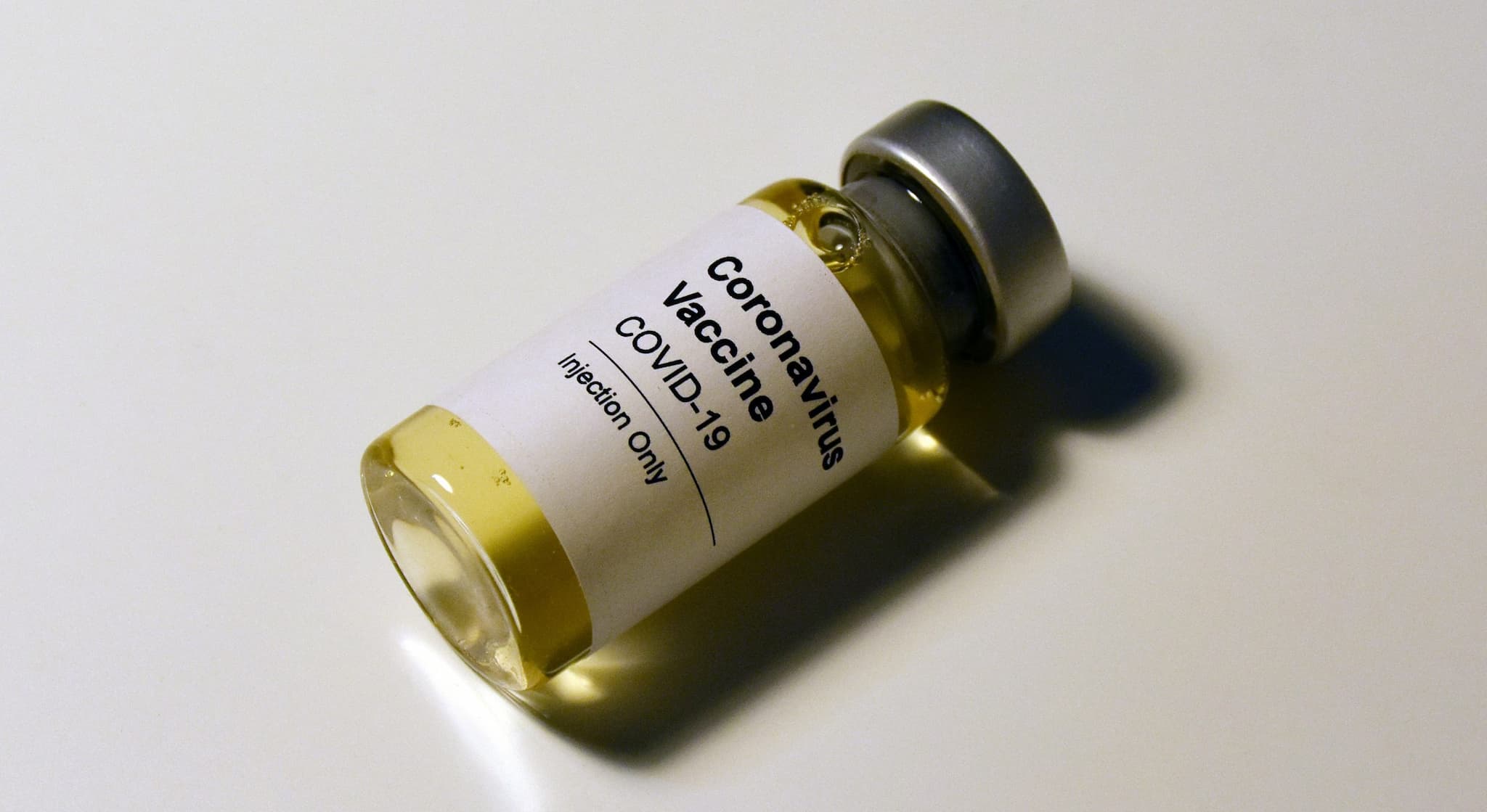Letter to the Commission: Possible authorisation of “Sputnik V” in the EU

The authorization of a vaccine should be done through transparent empirical processes. So far, the testing phases of the so-called – “Sputnik V” vaccine raise many questions regarding the methodology used by the Russian scientists during the testing phase, as well the accessibility of respective data.
I wrote a letter to the EU Commission to remind them the seriousness of the issue, as well as to share my thoughts and raise crucial questions.
(scroll for letter)
Video auf Deutsch:
Externer Inhalt: Youtube
To: Ursula Von der Leyen
Stella Kyriakides Commissioner for Health and Food Security
Dear Madame President, Dear Commissioner,
numerous public statements by representatives of the European institutions as well as by heads of state and ministers in some Member States have raised eyebrows and potentially false hope in the EU public. They have, in fact, given the impression that an approval of the Russian vaccine “Sputnik V” in the EU is not only conceivable in the foreseeable future, but even thinkable so speedily that it could make up for the production backlogs in the already approved COVID vaccines. Considering how lengthy and complex the authorisation process normally is for medicines that are manufactured neither in the EU nor in one of the few countries associated through MRAs, such statements not only provoke astonishment but also great concern and many questions.
With the current very tense relationship between the EU and Russia, it seems even more incomprehensible why, without a thorough scientific assessment in the EU, Russia is being congratulated, apparently only based on the publication in “The Lancet”, which on closer analysis reveals crucial gaps and mismatches in the data and inconsistencies in the documentation of the clinical trials. How can it be that “Sputnik V”, without scientific testing and assessments of our own, is placed in the public eye on the same qualitative level as those vaccines that have gone through our independent testing procedures? Against this background, how can the claims about the efficacy of the vaccine be communicated as proven fact?
Trust is good, control is better – so the saying goes. However, when it comes to health and people’s lives (and to arguments against vaccination opponents), controls to the highest standards of our own – you have also emphasised this repeatedly – is the only way to go. This must be especially applied in the case of Russia, which is unfortunately notorious for politicising and manipulating even medicine and science when it serves a political goal. From a scientific point of view, the prospect of a timely authorisation at this point in time is not serious and does not take into account the well-founded scepticism of scientists (also from within Russia) who had criticised gross deficiencies in the documentation of the clinical trials and the overall very non-transparent authorisation procedure in Russia. Russian scientists were e.g. denied access to the raw data of the vaccine development so far.
Since the European Commission nevertheless seems to see ways and means of making “Sputnik V” available in the EU in the near term, allow me to address a few questions to you:
- How could an accelerated authorisation of the import of a vaccine produced in Russia be done without having to undermine EU legislation and standards?
- Will the Commission or the EMA ask for full transparency with regard to the approval process in Russia and demand the provision of the complete data material (including raw data) on the clinical trials before giving any scientific advice on “Sputnik V” or making first assessments?
- Could the clinical trials conducted in Russia be used for authorisation in the EU and how would the Commission ensure that these were carried out according to EU standards? Would authorisation for the EU market be conceivable at all without clinical trials carried out in the EU?
- Would the necessary inspections of the production sites be carried out?
- Could Russia, by cooperating and jointly producing “Sputnik V” with an EU-based manufacturer, benefit from the accelerated approval procedures currently applied to COVID-19 vaccines? Could in this case clinical trials carried out in Russia be used?
- As a vector vaccine developed using DNA technology, “Sputnik V” falls within the compulsory scope of the centralised procedure and must mandatorily be approved by the EMA. What is the Commission’s position and line of action on the vaccination of “Sputnik V”, an unlicensed vaccine, in individual Member States like in Hungary?
- Because of the shortage of ‚own‘ vaccines and the lengthy procedure for proper EU-wide approval of “Sputnik V”, is the Commission directly or indirectly encouraging Member States to carry out national approval procedures? And what measures will be taken to ensure that a national authorisation will in no case lead to cross-border or even EU-wide distribution?
I thank you very much in advance for your answers.
Yours sincerely,
Viola von Cramon-Taubadel